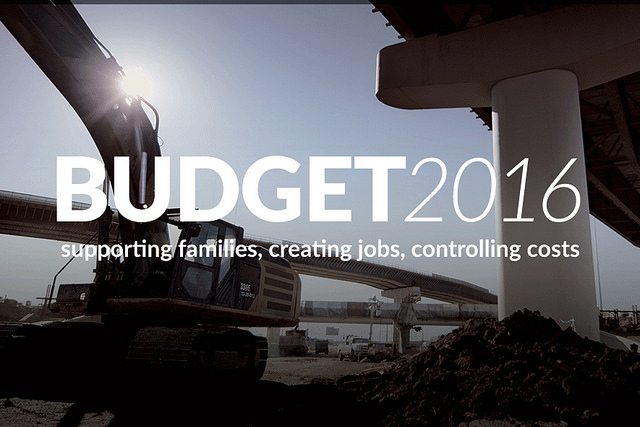Alberta’s budget is going heavily into the red to deal with the economic downturn.
Borrowing will almost double by 2018 as the province moves to be almost $58 billion in debt within three years. The deficit this year is $10.4 billion, which will grow another $10 billion next year and $8 billion the year after that, with no expectation of balancing the books before 2024.
Finance Minister Joe Ceci says they don’t want to make any reckless or extreme cuts to services and investments.
“With the lowest debt-to-GDP ratio in Canada, and with community infrastructure throughout Alberta in desperate need of attention, failing to act would leave a terrible legacy of over-crowded classrooms, longer healthcare wait lists, and decaying infrastructure.”
Instead of making major cuts to public services and investments, the province is trying to reduce the cost of government. That includes amalgamating or dissolving 26 agencies, boards, and commissions to save $33 million over three years, and cutting salaries and supplies in departments by two per cent to save another $121 million.
“When oil prices fell in the past, Alberta governments responded by making reckless and extreme cuts to public services. Some say we should turn the clock back and do the same things today, but on this side of the legislature, we fundamentally disagree,” says Ceci.
However, certain projects will be unfunded. The budget document states, “As part of the commitment to transparency and openness, for the first time the government is presenting a list of unfunded capital projects as an addendum to the Budget 2016 Capital Plan.” For Lloydminster and area, Lakeland College will get hit twice, as 2 unfunded capital projects are Lakeland’s Animal Health Technology Clinic and the college’s Dairy Barn.
Additionally, when the carbon tax is brought in on January 1st of 2017, it will cost a household earning more than $100,000 about $500 a year by 2018. It is, however, expected to bring in an estimated $274 million in the shortened 2016/2017 fiscal year, and then $1.7 billion by 2018/2019. Couples earning less than $100,000 and individuals earning less than $51,000 will get the $500 back in a rebate. As well, the province has also introduced two new tax credits worth $250 million to encourage investment in small and medium-sized businesses.




